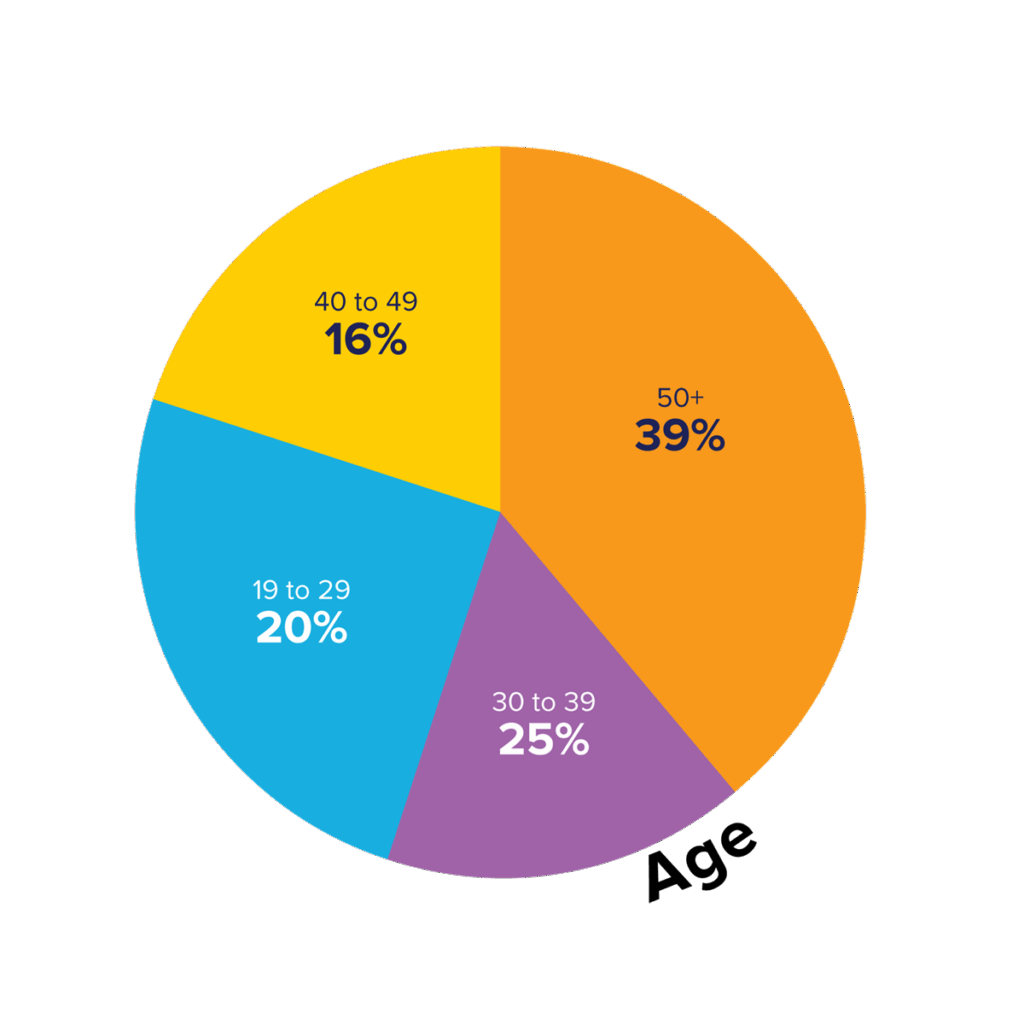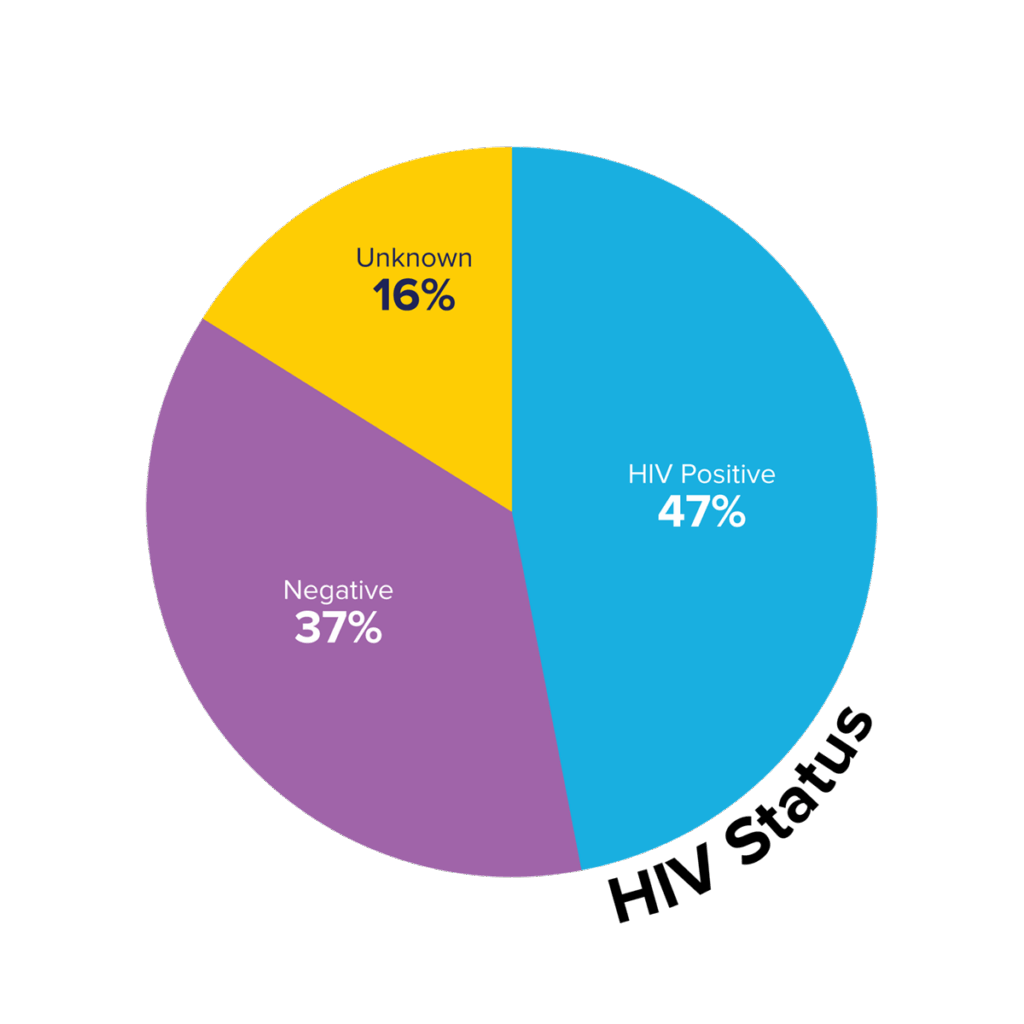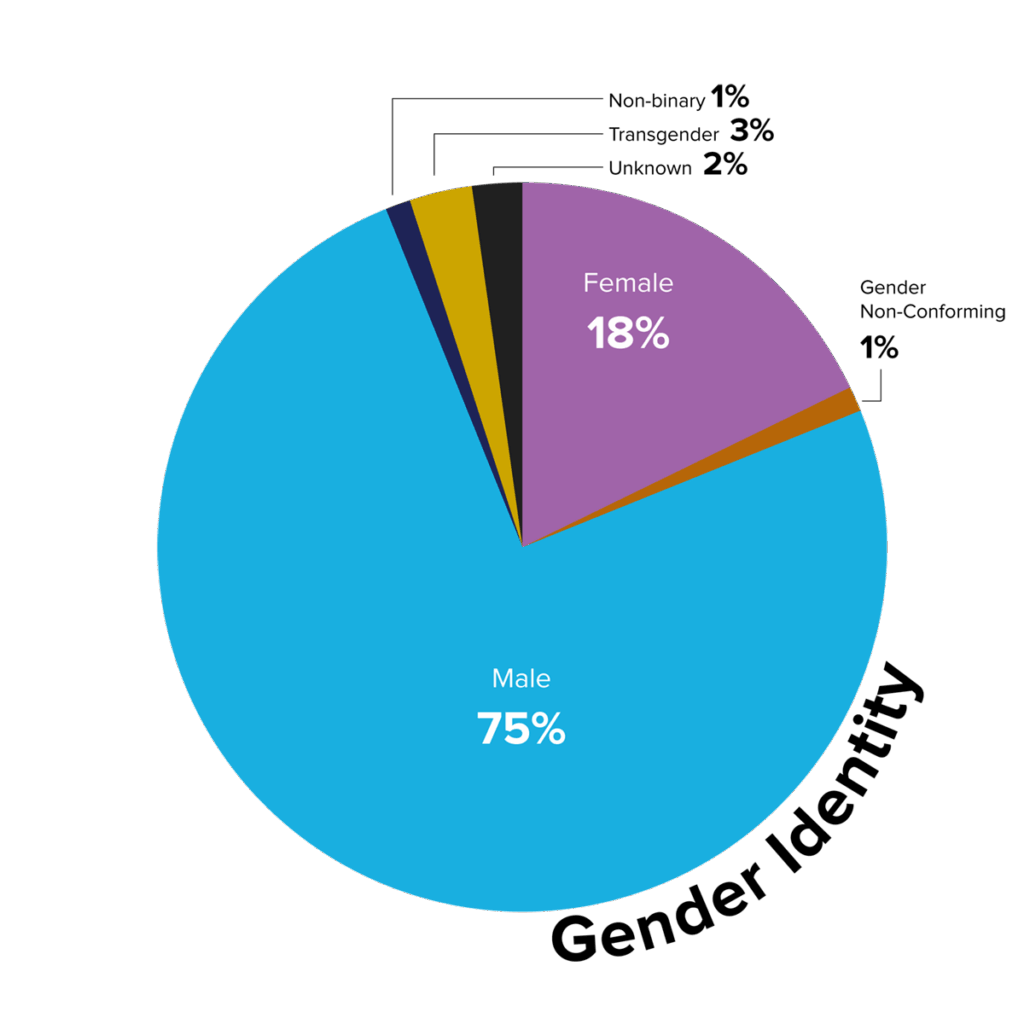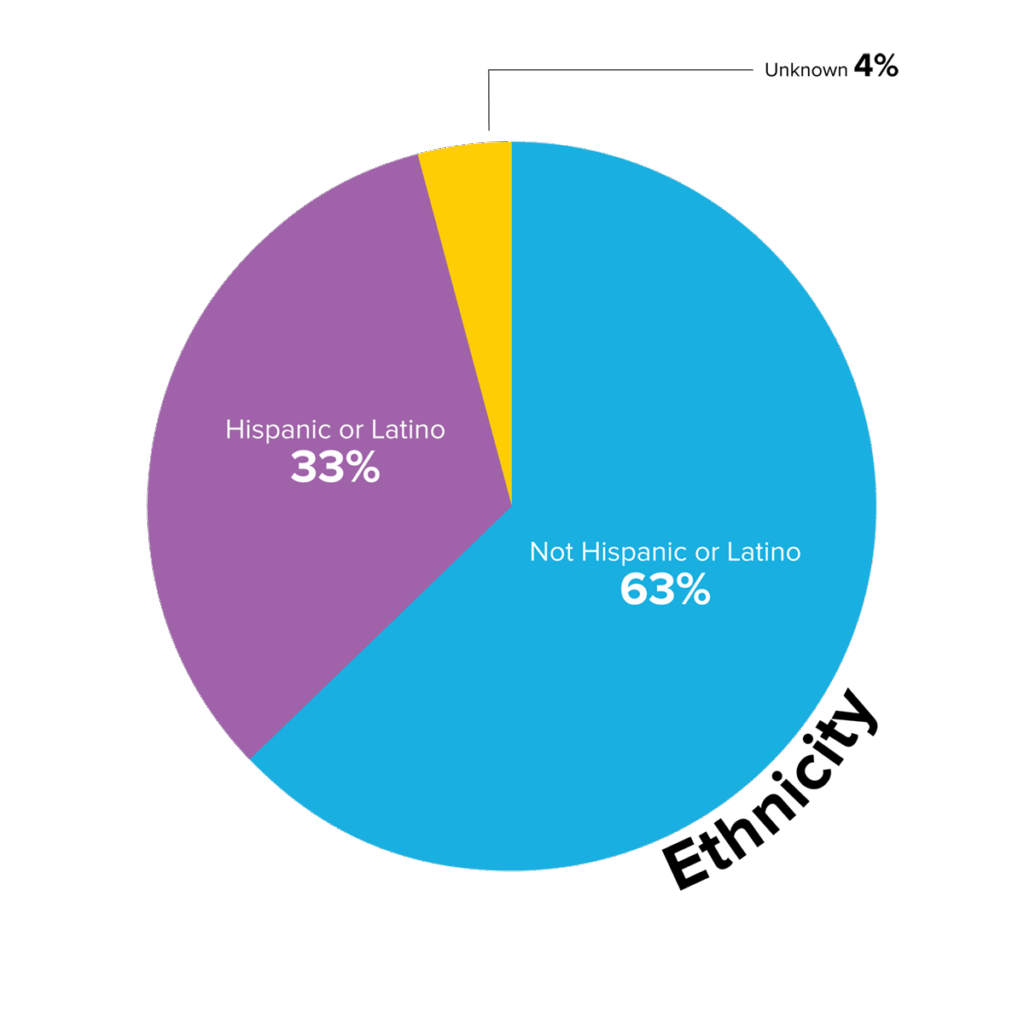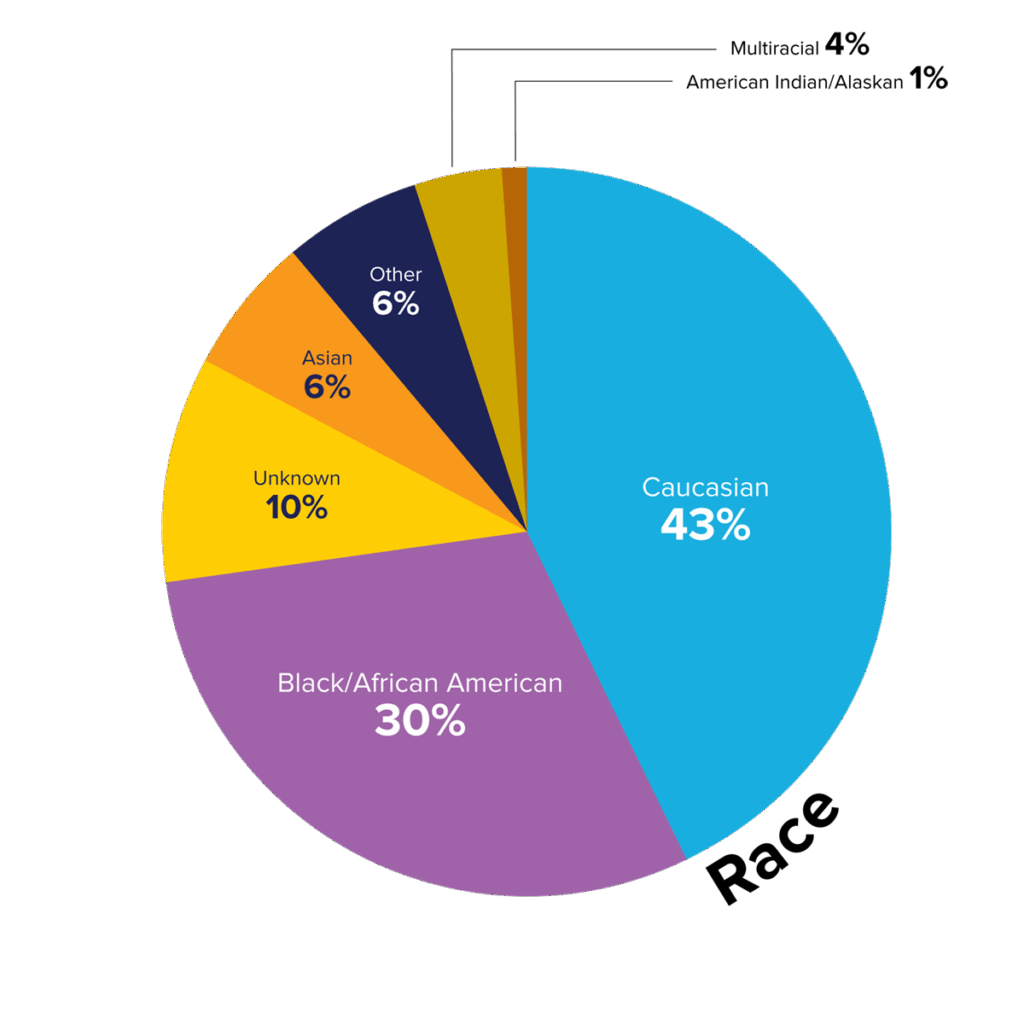At a Glance
Mission, Values, and History
Mission
As the world’s first HIV/AIDS service organization, GMHC is working to end the AIDS epidemic and uplift the lives of all affected.
Values
- Community
- Empowerment
- Inclusiveness
- Respect
- Responsibility
Our History
In 1981, eighty men gathered in writer Larry Kramer’s apartment to address the “gay cancer” and to raise money for research. This informal meeting provided the foundation of what would soon become Gay Men’s Health Crisis (GMHC). Our six founders were Nathan Fain, Larry Kramer, Larry Mass, Paul Popham, Paul Rapoport, Edmund White. For more about our history, view our timeline.
Who We Serve
GMHC serves New Yorkers throughout the five boroughs: 41% live in Manhattan; 25% in Brooklyn; 18% in the Bronx; 15% in Queens, and 1% in Staten Island. The communities we serve are disproportionately affected by the HIV pandemic: Over 70% live below the Federal Poverty Line; 30% are Black; and 33% are Latino. 39% of our clients are over the age of fifty, and 62% are LGBTQ+.
Figures based on clients who provided health status indicators in 2024.
Our Approach
We address the social determinants of health that continue to fuel HIV infection rates and prevent people from accessing care and treatment. They include food and housing insecurity, unemployment, and lack of access to health services, among others. We also advocate for fair and effective HIV/AIDS policies at the local, state, and federal levels.
Our Services
We provide HIV and STI testing, food and nutrition programs, housing support, workforce development, legal assistance, advocacy for benefits and health insurance, mental health and emotional support, substance use counseling, and more.
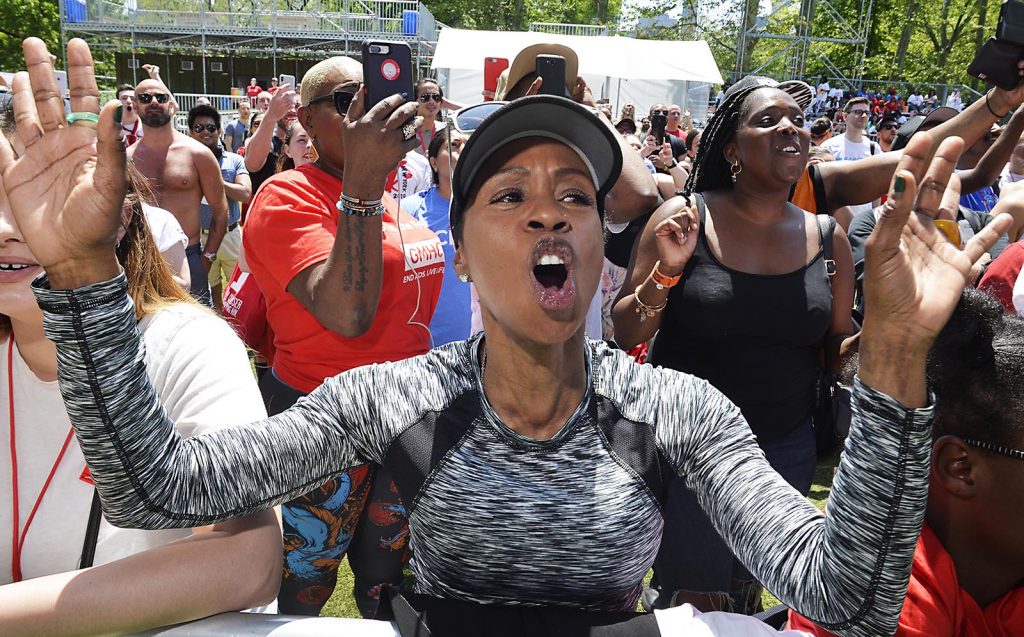
Why GMHC is Relevant Today
New HIV infections continue to rise, particularly among people of color, women, transgender individuals, and men who have sex with men. People living with HIV/AIDS also continue to experience stigma and discrimination. At GMHC, we believe we can end AIDS at epidemic levels by addressing the underlying causes of new HIV infections, shifting cultural beliefs, and promoting healthy behaviors.

